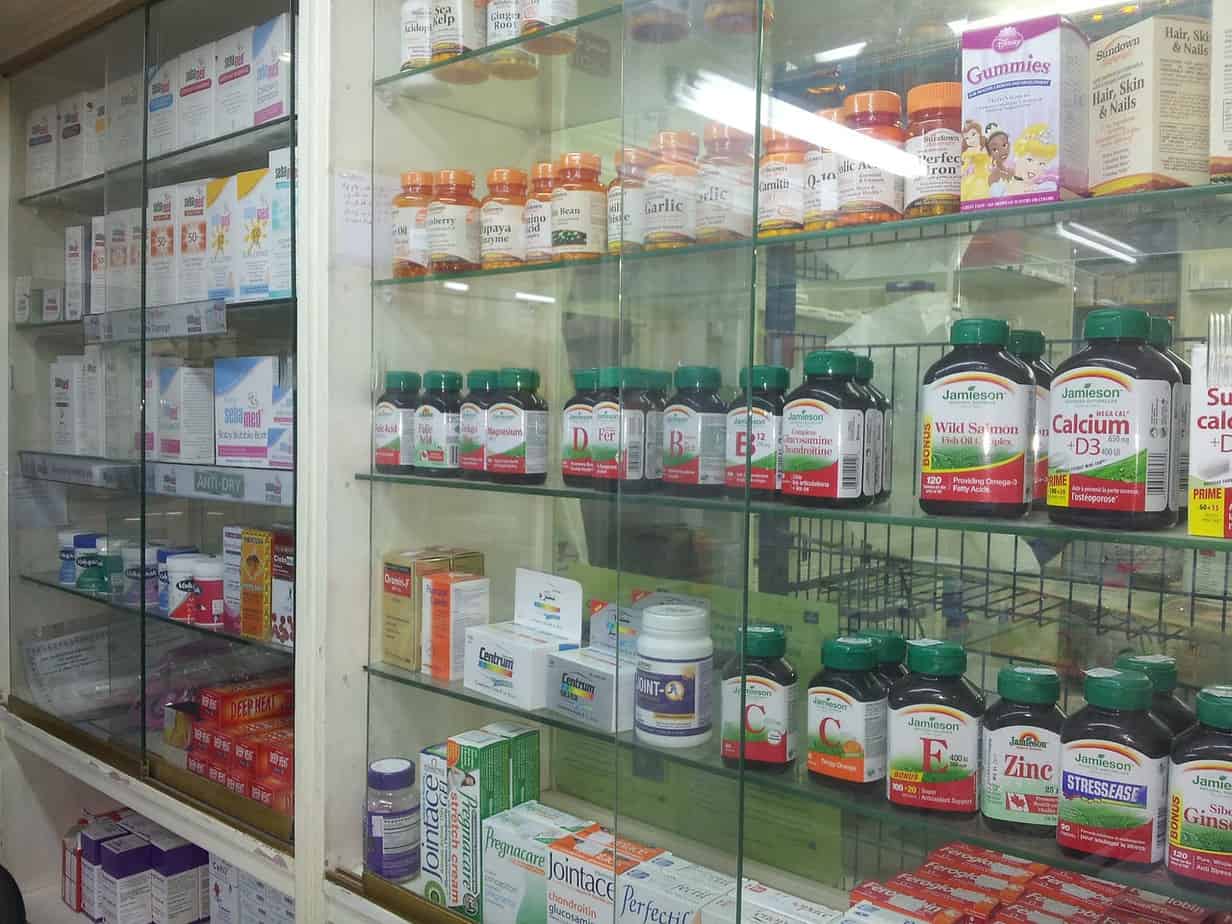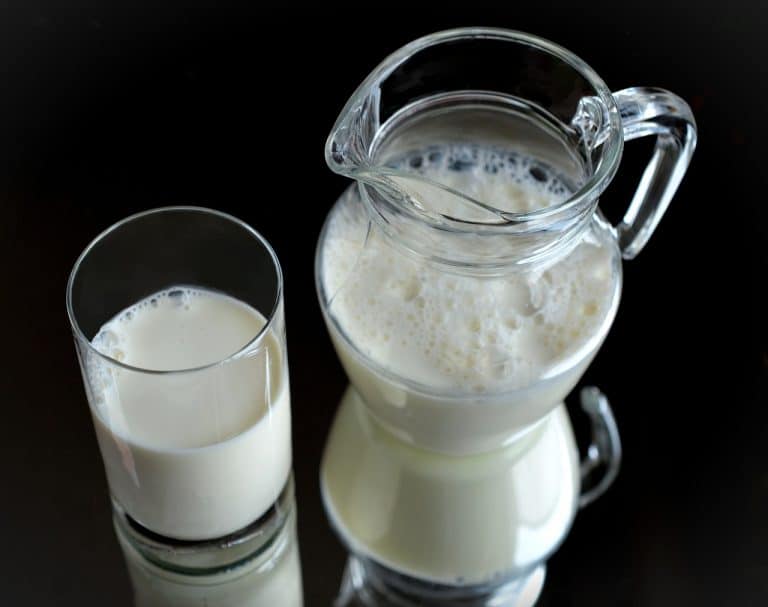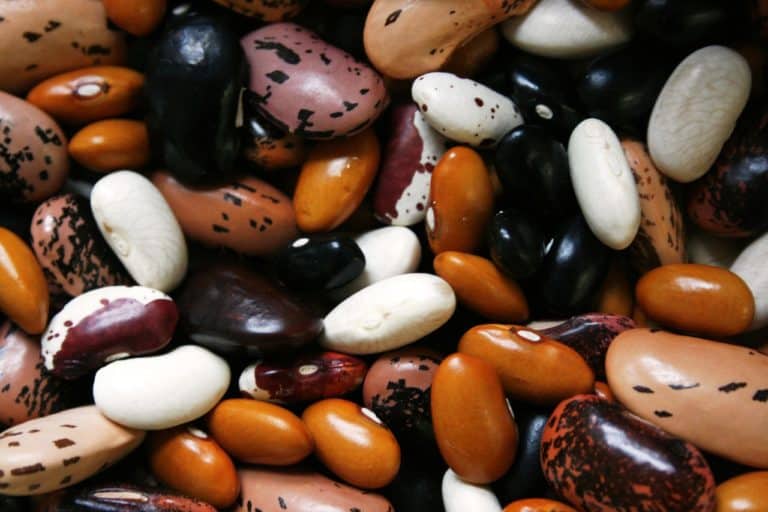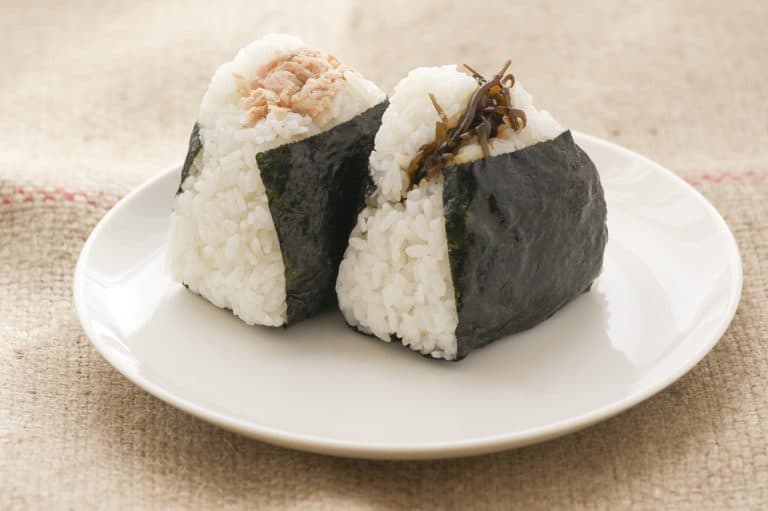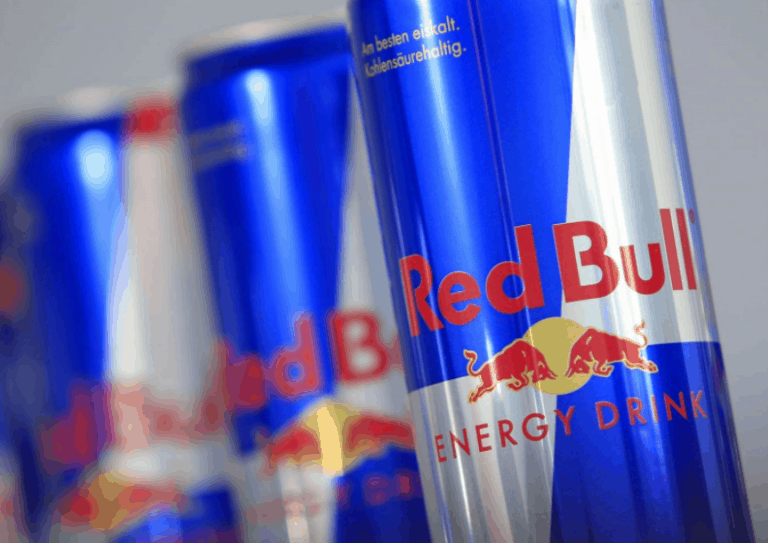In April 2011, the National Center for Health Statistics released information obtained by the most recent version of the National Health and Nutrition Examination Survey (NHANES) that Americans’ use of dietary supplements has increased over recent years. One-half of the population report using at least one form of nutritional supplement. Although women were found to be more likely to take dietary supplements, there are quite a few products that promote intake among men to fight health issues such as erectile dysfunction, benign prostatic hyperplasia (BPH), and prostate cancer.
While a healthy diet is certainly important in the fight against many diseases, adding dietary supplements is not a sure-fire way to prevent problems from occurring. Most recently, researchers from the University Health Network in Toronto, Canada found that three hopeful contenders in the fight against prostate cancer – vitamin E (as alpha-tocopherol), selenium, and soy – were not found to be effective, even after three years of taking them daily.
For the study, Dr. Neil Fleshner MD, FRCSC, MPH, the head of the urology department at UHN, and colleagues randomly assigned 303 men to take either a combination of the three nutrients or a placebo every day. The experimental group received 40 grams of soy (equivalent to about 1/3 of a cup), 800 IU of vitamin E (as alpha-tocopherol) (35 times the recommended dietary levels), and 0.2 grams of selenium (4 times the RDA).
All of the men had a precancerous condition called high-grade prostatic intraepithelial neoplasia (HGPIN) that placed them at a higher risk for developing prostate cancer. After three years, twenty-six men out of every 100 developed prostate cancer regardless of whether they took the dietary supplement or the placebo control.
Selenium and vitamin E (principally, as alpha-tocopherol) are two nutrients that were also studied in the large (more than 35,000 men) SELECT prevention clinical trial funded by the National Cancer Institute. Both antioxidants are thought to help control cell damage that can lead to cancer.
The researchers found that selenium, either alone or combined with vitamin E did not prevent the development of prostate cancer. The researchers did observe a statistically nonsignificant increased risk of prostate cancer with vitamin E alone and newly diagnosed type 2 diabetes with selenium alone. (Lippman 2009) A post-SELECT Trial analysis, however, has suggested that further research is needed to determine whether selenium should still be considered in the fight against prostate cancer. (Ledesma 2010)
“I think in the absence of more compelling scientific data for vitamin E and selenium that we should move on” said Dr. Eric Klein. Dr. Klein was not involved with the Canadian study, but is the chair of the Glickman Urological and Kidney Institute at the Cleveland Clinic and headed previous research into the nutrients’ potential affects against prostate cancer.
Studies that have evaluated the potential benefit of vitamin E supplements and health conditions use the form alpha-tocopherol, which is the most common form of the vitamin in both body tissues and dietary supplements. Emerging research is taking into consideration another form of vitamin E, known as gamma-tocopherol, which is the major form of vitamin E found in plant seeds and the diet.
According to a study published in 2001 in the American Journal of Clinical Nutrition, gamma-tocopherol may well be more effective of an antioxidant than alpha-tocopherol and it has been shown that alpha alone, without gamma, is not as effective as when higher concentrations of gamma exist in the right ratio. Researchers are looking into the gamma form for benefits in preventing both prostate cancer and heart disease, and the results to date are encouraging.
On the other hand, previous research has shown a beneficial association between soy and prostate cancer. Genistein is an antioxidant and isoflavone found primarily in soybeans and has been shown in test tube and animal studies to interfere with the growth of prostate cancer cells and help prevent metastasis. Observational studies note that men in countries such as China in Japan who regularly eat soy products such as tofu and miso have lower rates of prostate cancer incidence, although the type and quantity of soy consumed in those countries is much different than consumed in the West.
Dr. Fleshner notes that the study may not have shown positive benefits because taking the dietary supplements for just three years may not have been enough to prevent HGPIN from progressing to prostate cancer.
Read more in our Prostate Cancer Health Center.
References
Fleshner NE et al. Urologic oncology: progression from high-grade prostatic intraepithelial neoplasia to cancer: a randomized trial of combination vitamin E, soy, and selenium. Journal of Clinical Oncology 2011 May 2 published online
Jiang Q et al. Gamma-tocopherol, the major form of vitamin E in the US diet, deserves more attention. American Journal of Clinical Nutrition 2001 Dec; 74(6): 714-22
Kraft S. Prostate cancer: more soy in diet may protect against deadly disease. MedicalNewsToday. Accessed 2011 May 5
Ledesma MC et al. Selenium and vitamin E for prostate cancer: post-SELECT (Selenium and Vitamin E Cancer Prevention Trial) status. Molecular Medicine 2011 Jan-Feb; 17(1-2) 134-43
Lippman SM et al. Effect of selenium and vitamin E on risk of prostate cancer and other cancers: the Selenium and Vitamin E Cancer Prevention Trial (SELECT). JAMA 2009 Jan 7; 301(1): 39-51
NCHS Data Brief. Dietary supplement use among US adults has increased since NHANES III (1988-1994). 2011 April. Accessed 2011 May 5.

